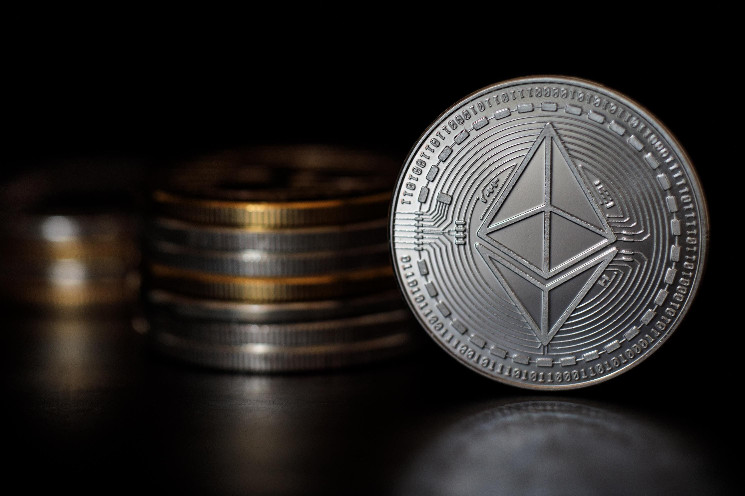Slowly, and then all at once seems to be an apt way to describe the pace with which crypto ETFs have come to the U.S. marketplace. Following the approval of 11 spot bitcoin ETFs in January, July has seen the approval of 8 spot ether ETFs, potentially opening the spigot for fresh investment and adoption of the cryptoasset. While significantly smaller in market capitalization than bitcoin, the fact that the Ethereum
Let’s take a look at a few other items crypto investors, but especially ether investors, should keep an eye on as the market digests the spot ETF approvals.
Mainstream Knowledge Will Improve
One of the most important things for crypto investors, entrepreneurs, and policy advocates to remember is that while crypto and tokenized assets more broadly have been part of financial markets for years, there are still significant gaps in what mainstream investors and advisors understand about this asset class. Bitcoin
Ether and the Ethereum blockchain, by comparison, is well understood and regarded by the crypto community as more of an operational cryptoasset, serving as the blockchain and token of choice for enterprise adoption as well many Layer 2 applications. Such applications include smart contracts, of which the Ethereum blockchain hold an 50% market share, and stablecoins, with approximately 60% of those tokens operating on the Ethereum blockchain. With so much of the cryptoasset ecosystem running on Ethereum, broader education and understanding of the role that ether plays is almost guaranteed to follow further analysis of ether in a post-ETF market.
The Price Of Ether Will Be Watched Closely
At the same time that investors and market analysts are excitedly discussing and watching for the trading volume, inflows, and prices of ether ETFs the fact remains that there is something of a price paradox unique to ether. Since ether comprises such an important position in many of the blockchain applications most sought after by institutions and investors alike the price of ether can very easily have a detrimental impact on the cost of running these applications. While multiple efforts and upgrades have been successfully deployed to reduce the fees required for many of these applications, the pricing of fees in ether is going to continue to be closely watched.
What this means for market watchers is that as much as some investors want the price of ether to track the performance of bitcoin, with significant run-ups following the approval of ETFs, the reality might be slightly more complicated. In effect the very importance of ether in the crypto ecosystem may actually led to lower prices than might otherwise occur. This might disappoint some shorter-term investors, but will ultimately help the Ethereum blockchain continue to grow, as well keep the focus on application development versus price speculation.
Regulatory Scrutiny Will Increase
With all of the positive momentum that an ether ETF brings to ether and the wider cryptoasset community, it is almost assured that this development will directly or indirectly lead to greater regulatory scrutiny. Notably, the approval of bitcoin and ether ETFs were both long awaited, but the process by which these products received approval seems to be unique to these two individual cryptoassets, with it unlikely to be the foretelling of many additional such products in the near term.
At the same time, the very same pivotal role that the Ethereum blockchain and ether play in the cryptoasset community also means that these activities will invariably bring more focus from a regulatory focus. With applications such as smart contracts, stablecoins, decentralized finance, and non-fungible tokens running (in large part) on Ethereum, the sheer number of regulators and agencies that will become more acutely aware of ether is bound to increase. This is not to say this is automatically bad news, but investors and policy advocates should be prepared for more pointed questions around ether and crypto more general.
Ether ETFs are good for crypto, but have much bigger implications that just the price per token.
 forbes.com
forbes.com
